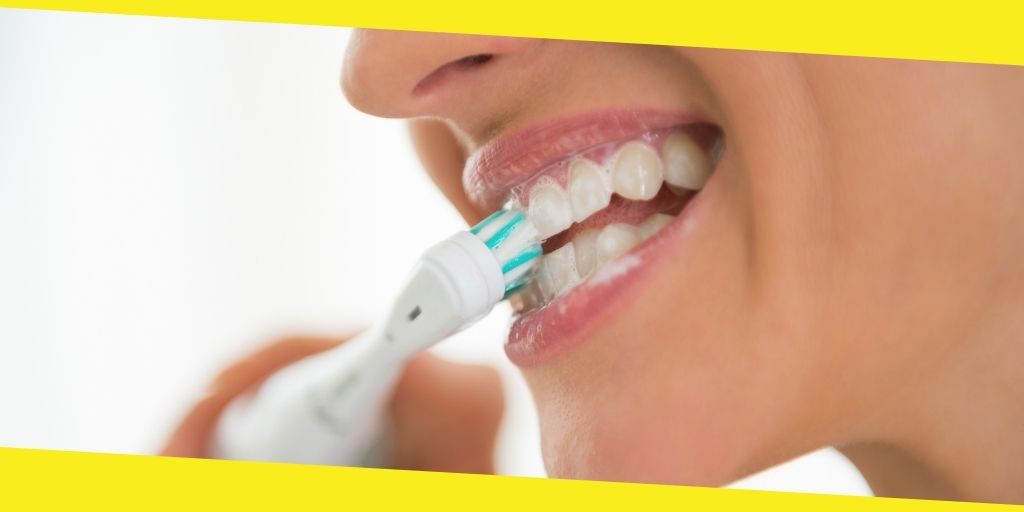Ask any dentist and they’ll tell you the importance of brushing your teeth. You should be brushing for two minutes every morning and evening. Flossing once a day also helps as does using a mouthwash.

The purpose of brushing your teeth is to remove food debris that gets caught in them. This reduces the amount of plaque that builds up on your teeth. Of course, brushing can also help to eliminate the plaque. As plaque encourages cavities and can even affect your overall health, it’s important to keep it to a minimum.
Brushing your teeth twice a day doesn’t mean you can skip the dentist. They are the ones that will spot any issues and, if you’re visiting regularly, resolve them before they become serious. That’s why you should find a reputable pediatric dentist for your children and one for yourself. Once you’ve found one use them regularly!
The biggest thing you can do to help your oral health isn’t brushing your teeth, it’s brushing your teeth properly. Here’s how you do it.
Timing
Brushing your teeth removes debris. However, if you brush your teeth too soon after eating you can actually damage them further.
When you eat food sticks to your teeth. It then reacts with the bacteria in your mouth, this creates an acid by-product. It’s this acid that attacks your teeth and ultimately causes cavities.
If you brush too soon after eating you’re brushing this acid into your teeth, worsening the damage it can cause.
Brushing Your Teeth Properly
You only need a pea-sized amount of toothpaste on your brush. That’s enough to clean your teeth and give you many health benefits associated with the toothpaste.
You can then hold the toothbrush at a 45° angle toward your gum line. Gently brush your teeth in a circular motion, this will increase the amount of debris and plaque that is dislodged. Work your way around all the teeth on one surface. Then, switch sides and do the other surface. It doesn’t matter if you do the outer edge of the teeth first and the inner after, or vice versa.
You should also run your toothbrush across the top surface of your teeth, also known as the chewing surface. For this, a back and forth motion will suffice.
Once you’ve done your entire mouth, spit the excess toothpaste out, you should never swallow it. It’s not a good idea to rinse as rinsing will remove any residual traces of toothpaste. The toothpaste left behind in your mouth will continue to protect your mouth against plaque for a short period.
Go Electric
Electric toothbrush is more effective at removing plaque and debris. This is because they spin at a much faster rate than you can with your manual toothbrush. It’s also more difficult to press too hard with an electric toothbrush.
This is a big issue for many people, they brush too hard and damage their gums in the process, potentially causing long-term issues.